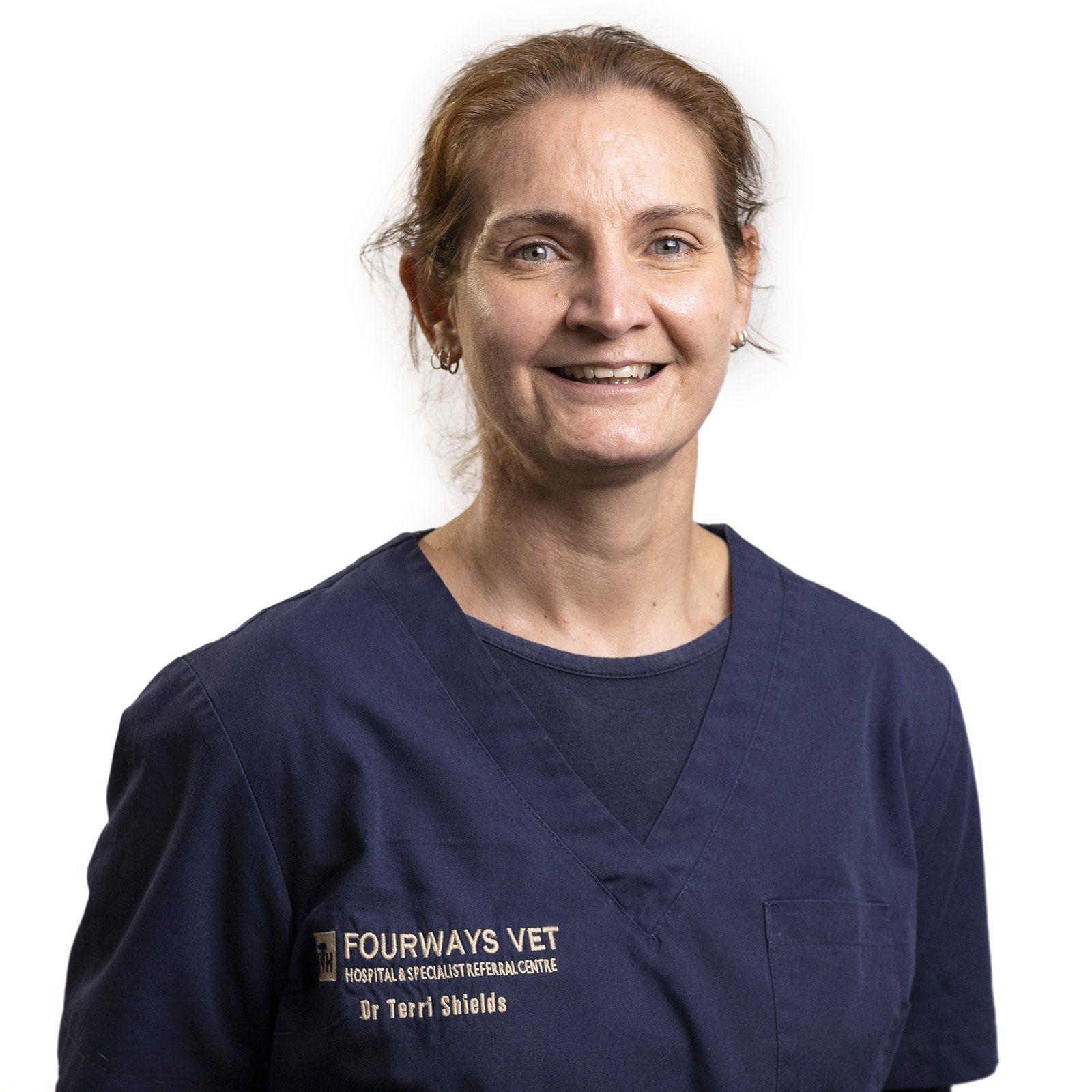Comprehensive Pet Dental Services
Optimal Oral Health for Your Pet
Keep Your Pet's Smile Bright and Healthy
A healthy mouth is essential for your pet's overall well-being. Our dedicated dental team at Fourways Veterinary Hospital is committed to providing comprehensive pet dental services tailored to your pet's specific needs.
Why Dental Care Matters
Just like humans, pets can suffer from dental problems that can lead to serious health issues. Regular dental check-ups and professional dog and cat teeth cleaning can help prevent:
- Bad breath
- Gum disease
- Tooth loss
- Infection
Our Pet Dental Services
Our state-of-the-art dental facilities allow us to offer a range of services, including:
- Comprehensive Oral Examinations: Our veterinarians will thoroughly assess your pet's oral health, including teeth, gums, and soft tissues.
- Professional Dental Cleanings: We remove plaque and tartar buildup, polish teeth, and perform a deep cleaning to prevent gum disease.
- Tooth Extractions: In cases where teeth are severely damaged or diseased, we may recommend extractions to alleviate pain and prevent infection.
- Oral Surgery: We can perform a variety of oral surgeries, such as tumor removal and jaw fracture repair.
How Our Dental Procedures Work
Thorough Examination: Your pet will undergo a general anesthetic to allow for a comprehensive examination of their oral cavity.
- Professional Cleaning: Our skilled technicians will use specialized tools to remove plaque and tartar buildup.
- Polishing: Teeth are polished to a smooth finish, making them less susceptible to plaque and tartar.
- X-rays: Dental X-rays help us identify any underlying issues, such as tooth root infections or abscesses.
- Treatment: Based on the examination and X-ray findings, we will recommend appropriate treatment, such as extractions or oral surgery.
Schedule Your Pet's Dental Appointment Today Give your pet the gift of a healthy smile. Contact us to book a dental appointment for your furry friend.
Popular Questions
Got a question? We’re here to help.


